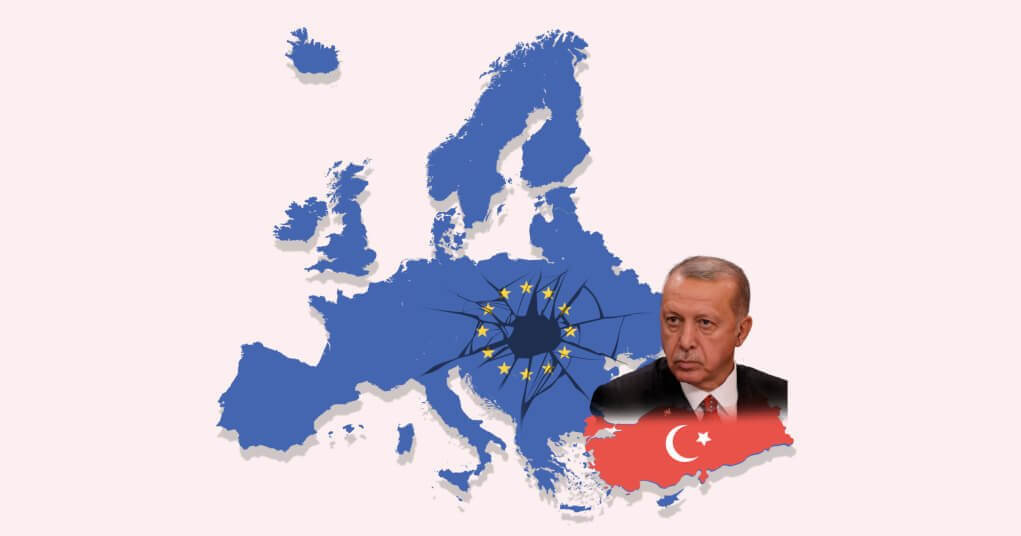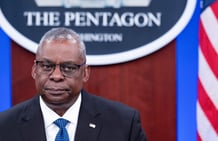Next Tuesday, the Turkish Presidency’s Communication Department will organize the “International Conference on the Events of 1915”, to discuss the historical background and the legal dimension of the events of 1915, and their implications for the present.
A statement from the Turkish Presidency’s Communication Department stated that the conference is being held on the basis of a concept that affirms the necessity to discuss the events that occurred during the First World War, which witnessed the suffering of all peoples of the Ottoman Empire, in a fair manner based on a scientific approach and on the grounds of history and international law.
The statement indicated that the conference will discuss the current, historical and legal dimensions of the events in 3 separate sessions.
He added that the head of the communication department, Fakhruddin Altun, and the head of the Turkish History Authority, Birol Chetin, will deliver the opening speeches of the conference.
Academics, experts and representatives of civil society organizations from Turkey, the United States, Russia, Germany, France and Ireland will participate in the conference, in addition to the follow-up of high-level guests of the conference via the Internet.
The first session of the conference is entitled “Events of 1915 in the Historical Trajectory and the Armenian Question”.
The senior advisor to the Turkish President, Professor Syed Sirt Celik, the Dean of the Faculty of Economics, Administrative and Social Sciences at the Antalya University of Sciences Masoud Uyar, the researcher at the Eurasia Studies Center, Maxim Gayon, and the faculty member of the Azerbaijan University of Linguistics, Oleg Kuznetsov, will participate in this session.
The second session is entitled “The events of 1915 in terms of international law.”
The session will be attended by David Saltzman, the lawyer for the defense of the Turkish side against the lawsuits brought by Armenians living in the United States, the human rights defender in the permanent representation of Turkey to the Council of Europe Deniz Akshai, and the analyst, Hazel Chagan Albert, at the Eurasia Studies Center.
As for the third session, it is called “Reflections of the events of 1915 on the present and the future perspective.”
The session will be attended by Omar Turan, a faculty member at Middle East Technical University, a faculty member at Ankara University Yıldız Dogi Bozkus, former Turkish-American Association President Argun Karli Kovali, Head of the German Southeast Europe and Caucasus Research Center, Christian Johannes Heinrich, and independent researcher Dr. Pat Walsh.
Armenia and the Armenian lobbies around the world in general demand that Turkey recognizes what happened during the deportation in 1915 as “ethnic genocide”, and then pay compensation.
According to the 1948 Convention, which was adopted by the United Nations General Assembly regarding the prevention and punishment of the crime of genocide, the term “genocide” means the total or partial destruction of a national, ethnic, racial, or religious group.
Turkey asserts that the events of 1915 cannot be labeled “ethnic genocide”, but rather describes it as a “tragedy” for both sides.
Ankara calls for dealing with the file away from political conflicts and resolving the issue through the perspective of “fair memory”, which means, in short, abandoning a one-sided view of history, and each side understands what the other lived, and each side has mutual respect for the memory of the past.
Turkey proposes to conduct research on the events of 1915 in the archives of other countries, in addition to Turkish and Armenian, and to establish a joint historical commission that includes Turkish and Armenian historians, and international experts.












